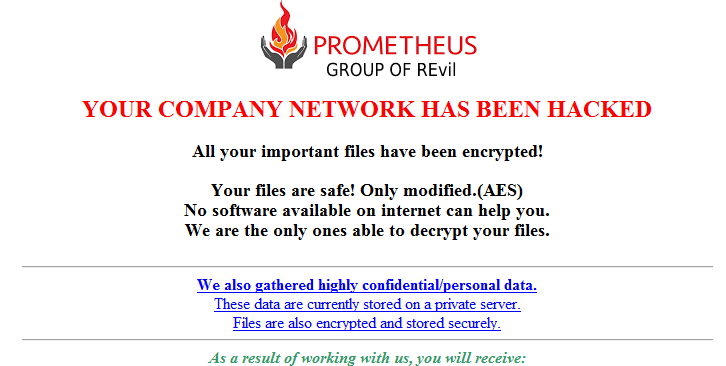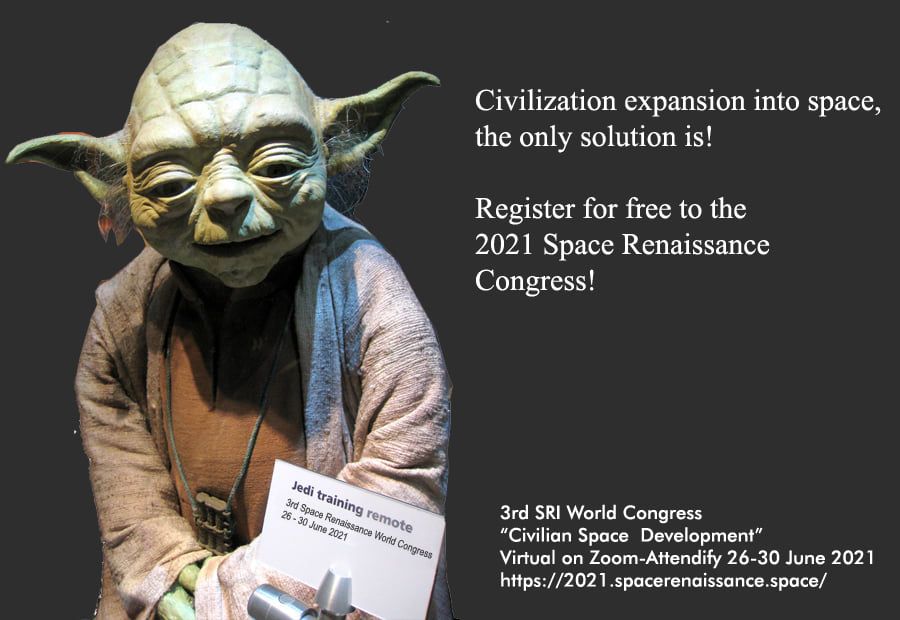Toshiba’s Cambridge Research Laboratory has achieved quantum communications over optical fibres exceeding 600 km in length, three times further than the previous world record distance.
The breakthrough will enable long distance, quantum-secured information transfer between metropolitan areas and is a major advance towards building a future Quantum Internet.
The term “Quantum Internet” describes a global network of quantum computers, connected by long distance quantum communication links. This technology will improve the current Internet by offering several major benefits – such as the ultra-fast solving of complex optimisation problems in the cloud, a more accurate global timing system, and ultra-secure communications. Personal data, medical records, bank details, and other information will be physically impossible to intercept by hackers. Several large government initiatives to build a Quantum Internet have been announced in China, the EU and the USA.









